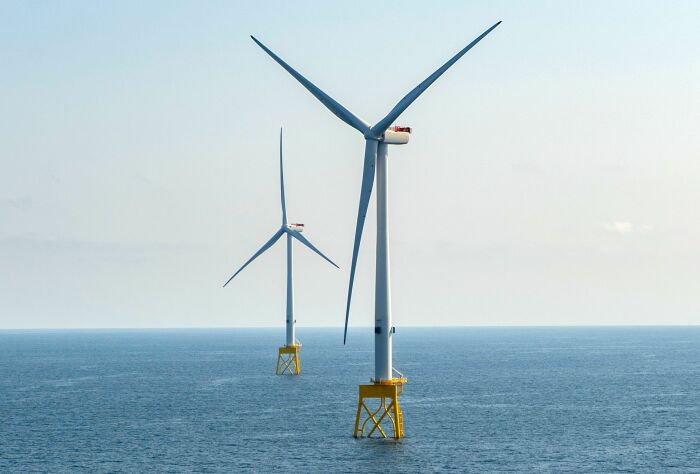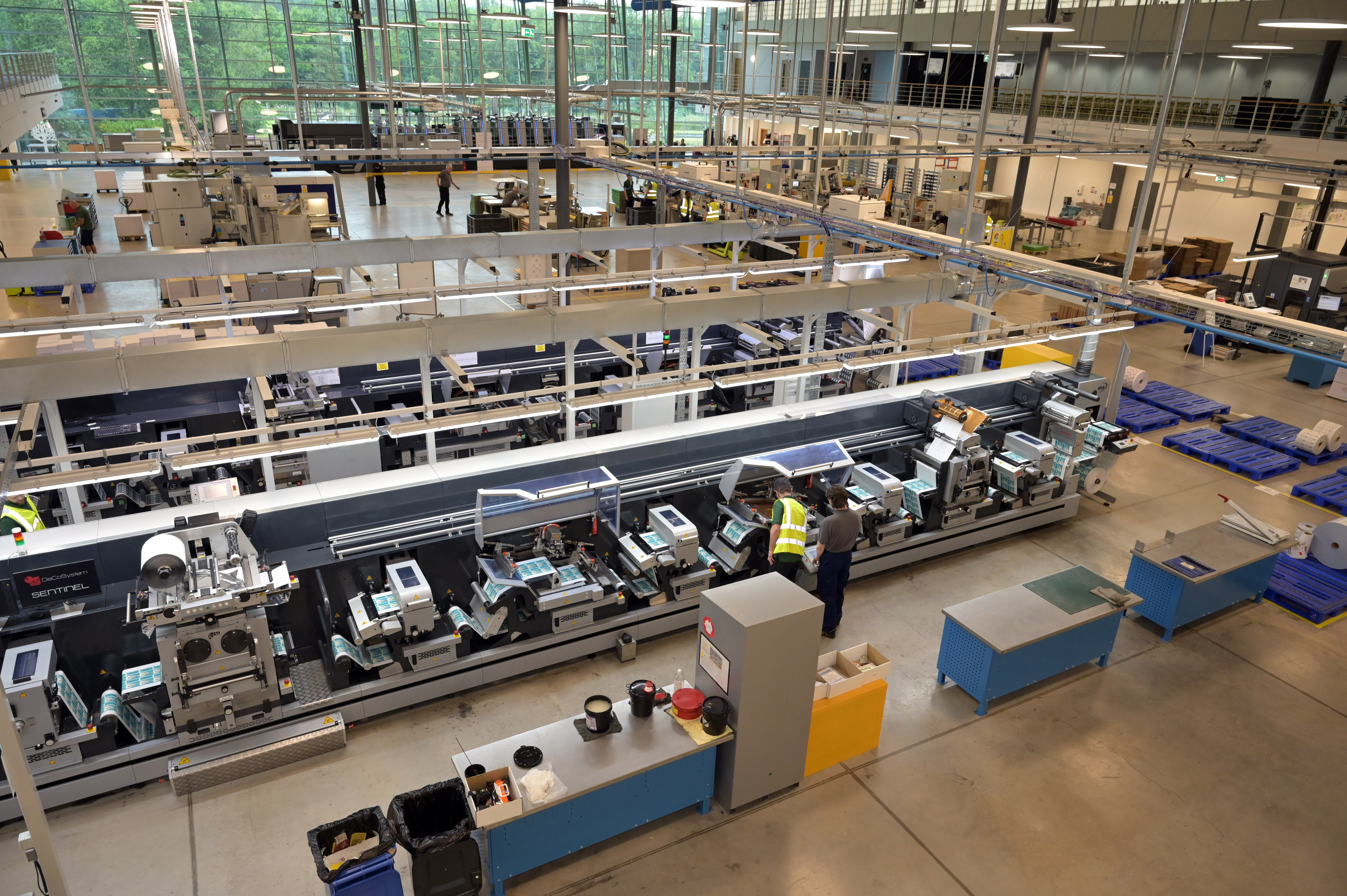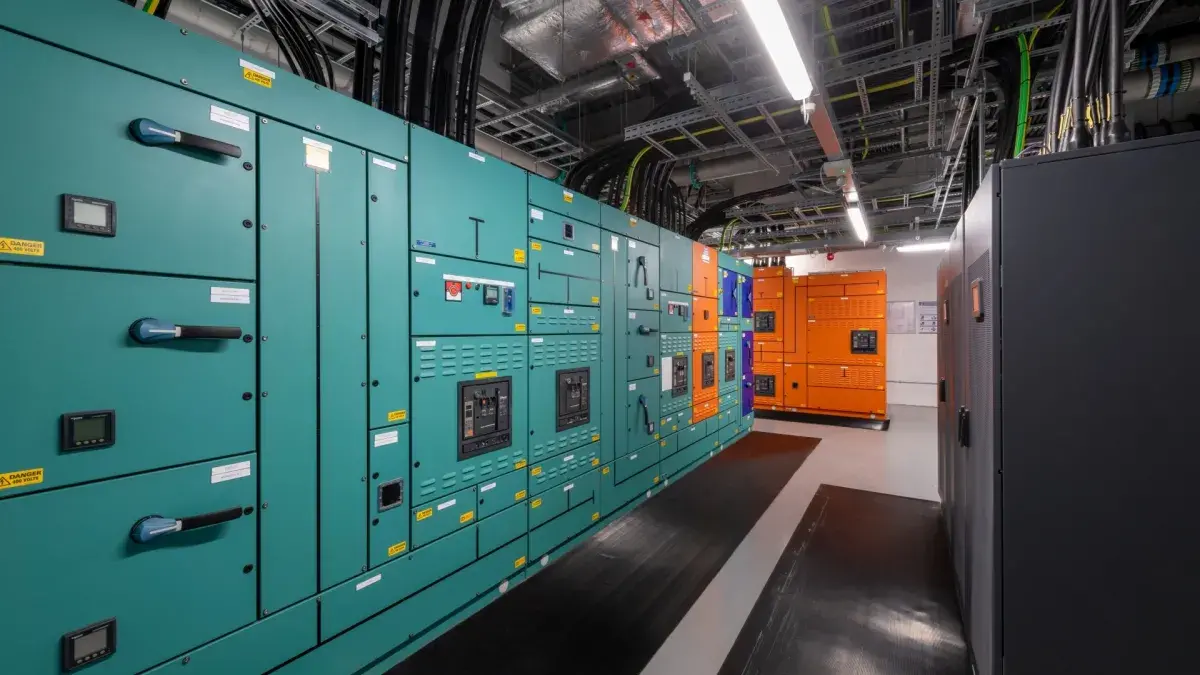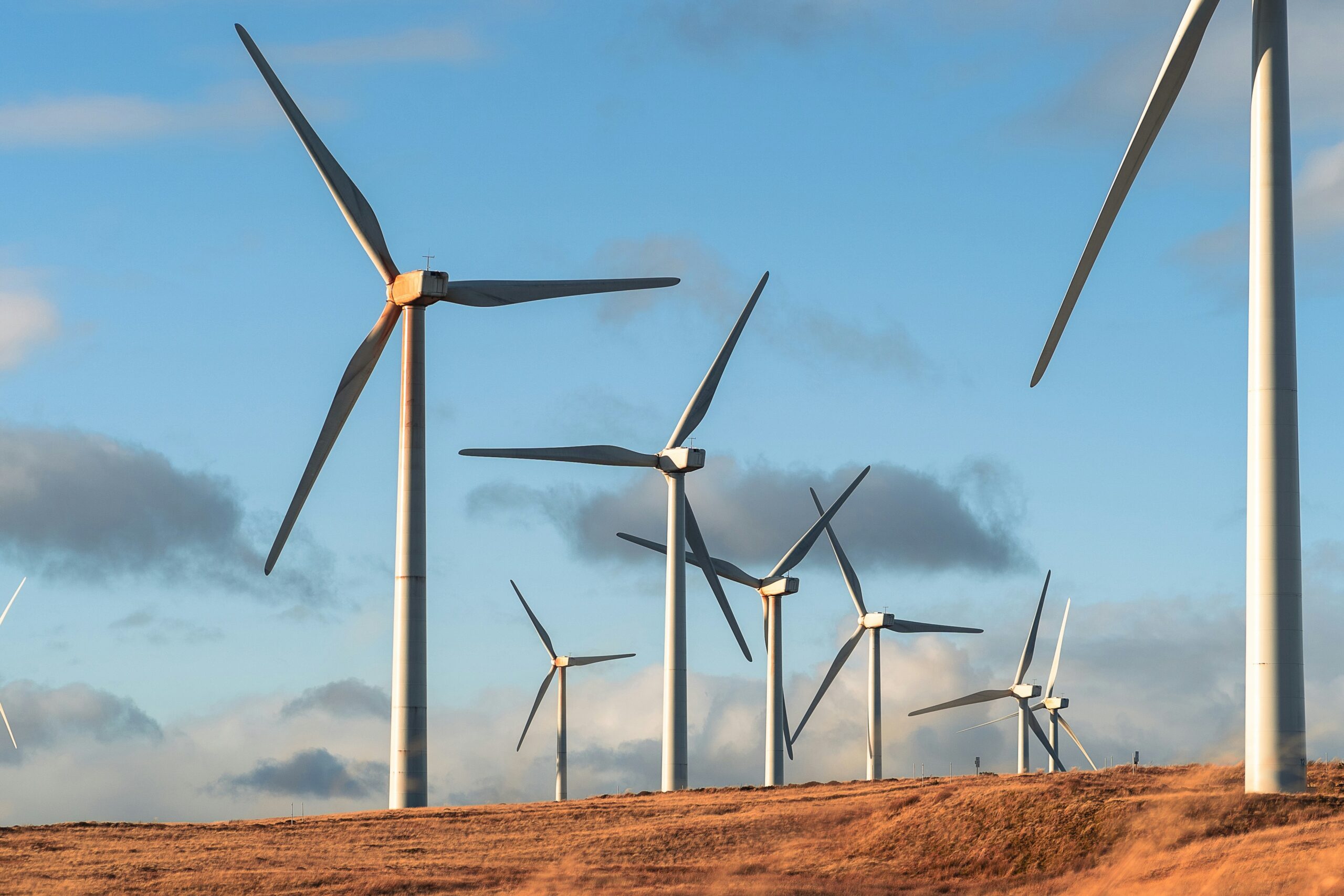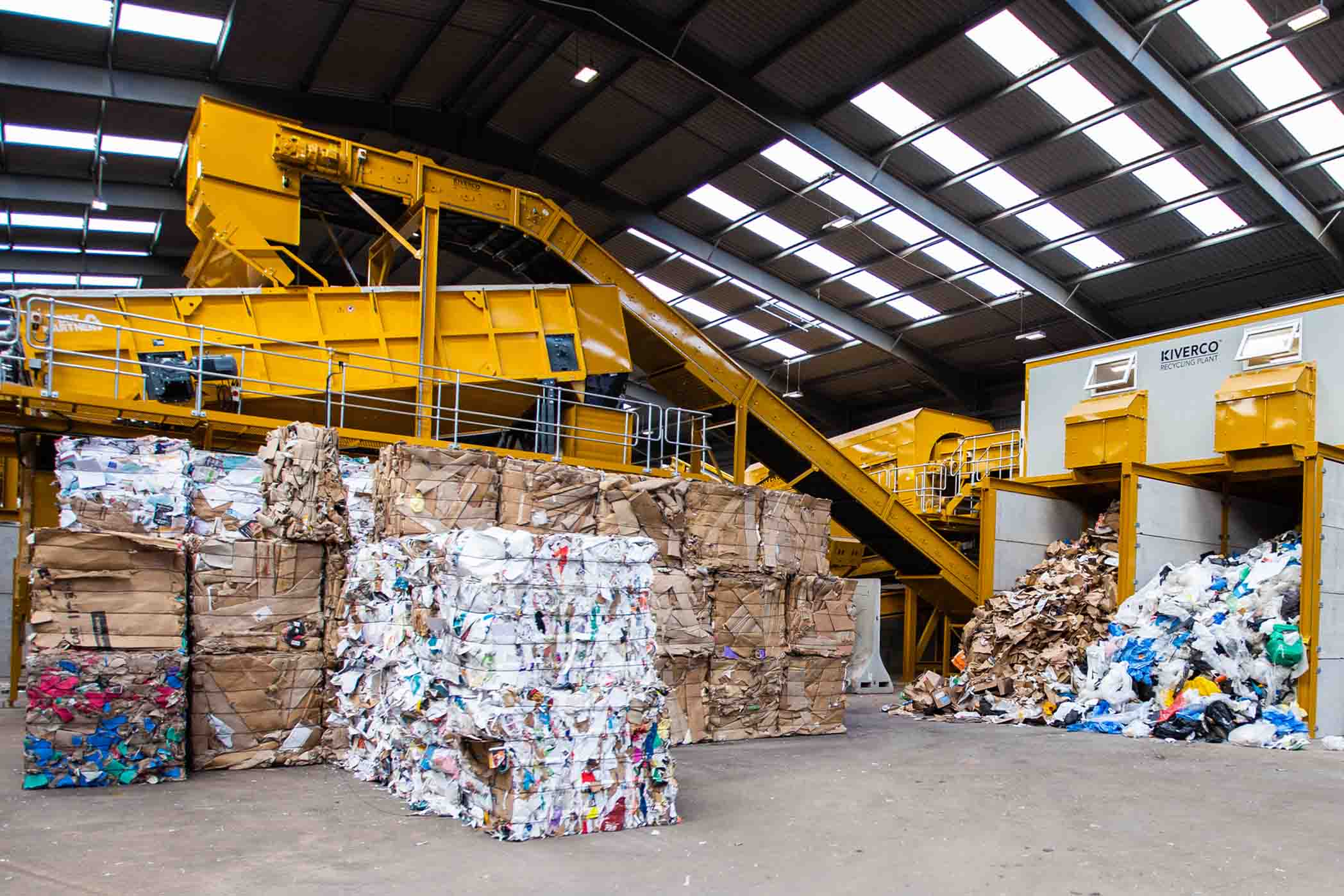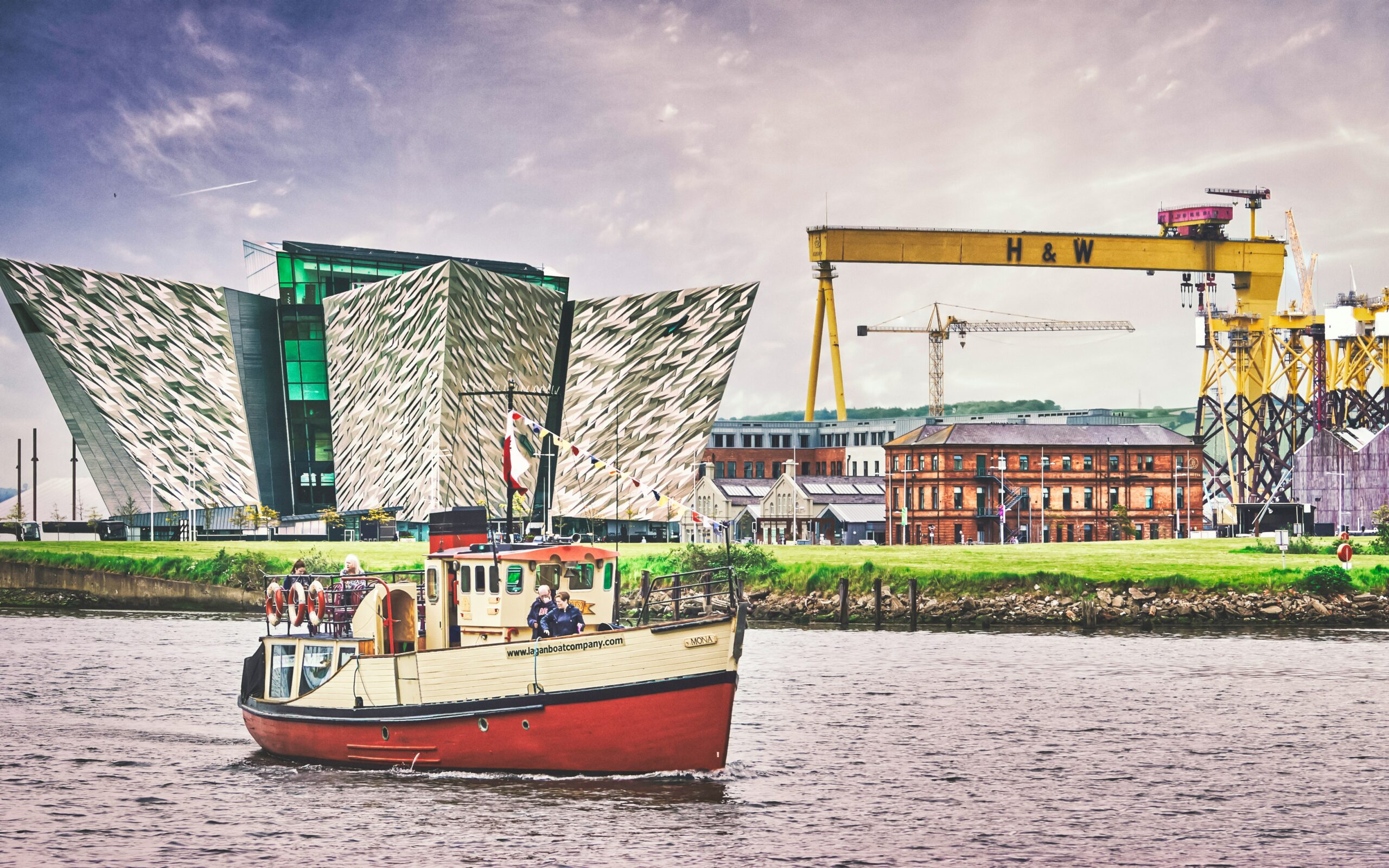Egypt’s oil and gas sector was on a downward spiral for years due to the impact of the Arab Spring, the unfolding of the Muslim Brotherhood, and the military coup. The country could not even keep its lights on five years ago. In 2013, due to a series of blackouts, factories were forced to shut down, doctors were performing surgeries under flashlights, and populations had to make do with daylight. However, with the restructuring of the economy, removal of subsidies on energy and food, and of course the sheer luck of massive offshore natural gas discoveries, Egypt now has a more than promising future. The country is poised to become Europe’s next big energy hub, and a massive exporter of natural gas. Egypt’s upstream and downstream sectors are thriving as never before.
With the recent offshore Eastern Mediterranean hydrocarbon findings, Egypt is poised to become a strategic energy hub through natural gas exports. The seafloor of the Eastern Mediterranean Basin contains mud volcanoes, which spew gas and occasionally oil into a benthic zone. It contains sediment columns up to 12 km, capped by evaporites. There are major gas and oil deposits trapped in these evaporites. In 2015 within Egypt’s Exclusive Economic Zone, ENI (Italian oil and gas major who paid EUR 92 million for exploration rights) discovered Zohr gas field, which is the largest known gas field in the Mediterranean. This field alone contains approximately 850 billion cubic meters of gas. In addition, other major European oil and gas entities such as Shell and BP also have a stake in the megaproject. As well, experts have estimated that within the Levant Basin, there are approximately 3 500 billion cubic meters of gas resources.
The EuroAfrica Interconnect will assist in the utilization of discovered gas fields, and directly convert the gas to electricity and transmit the electricity to grid networks. It is an interconnector between Greek, Cypriot and Egyptian power grids via a submarine power cable. The interconnector acts as an energy highway, creating a bridge between Europe and Africa. It can transmit upwards of 2 000 megawatts of electricity, with an annual transmission capacity of 17.5 TWh. The connector is significant in the energy security for all three countries and offers strategic importance for the economic development of Egypt. With the interconnector, Egypt is expected to become the energy hub for Africa. President Abdel Fattah El-Sisi as well as Egypt’s Minister of Electricity and Renewable Energy, Mohamed Shaker El-Markabi, have committed their full support for the initiative and are determined to ensure a successful implementation.
In 2015, the Egyptian government signed a EUR 7 896 million contract with Siemens to supply gas and wind power plants of 16.4 GW capacity. The company has built three combined-cycle gas power plants: New capital, Burullus and Beni Suef, each having 4.8 GW capacity. These power plants have tremendous efficiency, utilizing Siemens H-class technology turbines, it allows for an energy conversion efficiency of 60%. Typical gas power plans have an energy conversion efficiency of up to 38%, while coal plants vary from 32% to 42% and oil power plants up to 42%. This efficiency will greatly lower the fuel costs and also CO2 emissions. The new Egyptian high-quality gas power plants will produce two to three times less CO2 relative to its counterparts in Cyprus, and Greece. Siemens is also building additional wind farms, that have the capacity of 2 GW. These new power plants will increase Egypt’s electricity generation by upwards of 50%.
In February 2018, an Egyptian company with their partners in Israel’s Tamar and Leviathan offshore gas fields, announced a EUR 13 162 million deal to export 6.5 billion cubic meters per annum of Israeli gas to Egypt. Egypt also has plans for a 3 000 MW interconnector to Saudi Arabia, which will, in turn, allow for connectivity to other Gulf countries including Qatar, Kuwait, Bahrain, and others. Egypt is playing a crucial role in stabilizing the Eastern Mediterranean, while Cyprus is facing an increased militarised conflict with Turkey, and Israel’s gas supplies are also looking for an outlet option. The combination of the Egyptian, Cypriot and Israeli export approach to the EU, not only offers a commercially attractive option but also allows for enhanced stability in the region.
Most analysts suggest that the European Union is the only viable energy customer available to Egypt with the new natural gas discoveries. The European Union has devoted its full support of turning Egypt into an energy hub, and there was a Memorandum of Understanding for a Strategic Cooperation in Energy between the European Union and Egypt on April 23, 2018. The new gas findings in Egypt will have a path to the new markets due to the interconnector and will flow to European markets via terminals in Idku and Damietta. The European Union has a keen interest in the ongoing and future potential of upstream oil and gas projects in Egypt. The European Union has officially stated, “there is much to gain, in terms of access to new sources of energy and market opportunities, for European and Egyptian citizens and businesses alike.” Egypt becoming an exporter to the European Union will further enhance its energy security and allow for further diversification of energy sources. In addition, the discovery in Egypt is timely for Europe, as it reacts to an exponential decline in European onshore gas production, with the Dutch Groningen gas field facing a complete shutdown by 2030. EU Energy Commissioner, Miguel Arias Cañete signed the MOU with the Egyptian government, that will last from 2018 to 2022. It has six main priorities including further assistance to the development of the oil and gas sector, continued support for electrical sector reforms, the development of the energy hub, and additional focus on renewable energy.
The relationship with the EU is equally valuable to Egypt, as not only is it the only viable gas customer for the coming years, but also has a high value in regards to technology transfer and financing by European partners of the upstream and downstream oil and gas sector. As well, a vibrant renewable sector will free up additional volumes of gas and oil to be exported for foreign currency.
Egypt is aiming to boost foreign investment in its oil and gas sector further and has targeted investment of approximately EUR 8 774 million in the 2018-2019 fiscal year. In addition to the usual oil and gas majors, new entities from China, Russia, and Arab nations are showing peaked interest. Additional exploration will not only be taking place in the Mediterranean, but there will also be sea-border delineation with Saudi Arabia, and there is enhanced attention towards offshore Red Sea exploration.
These discoveries offered a massive boon to the Egyptian economy and allowed the country to meet the domestic demand. Egypt aims to stop importing foreign oil and gas entirely by 2019. From blackouts to exports, the Egyptian energy sector has made a complete 360 in the past five years. With hopes for additional exploration in the coming years, Egypt is positioned to become a strategic oil and gas exporter, and a critical energy hub.


